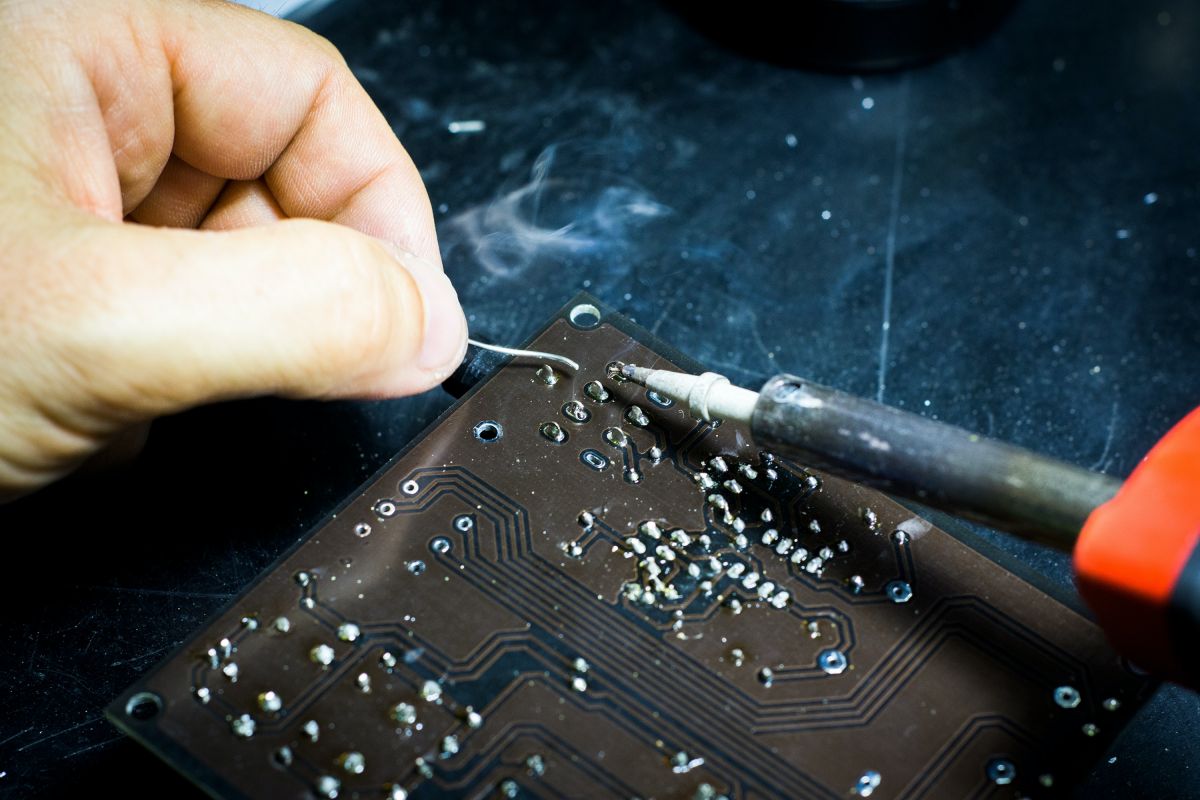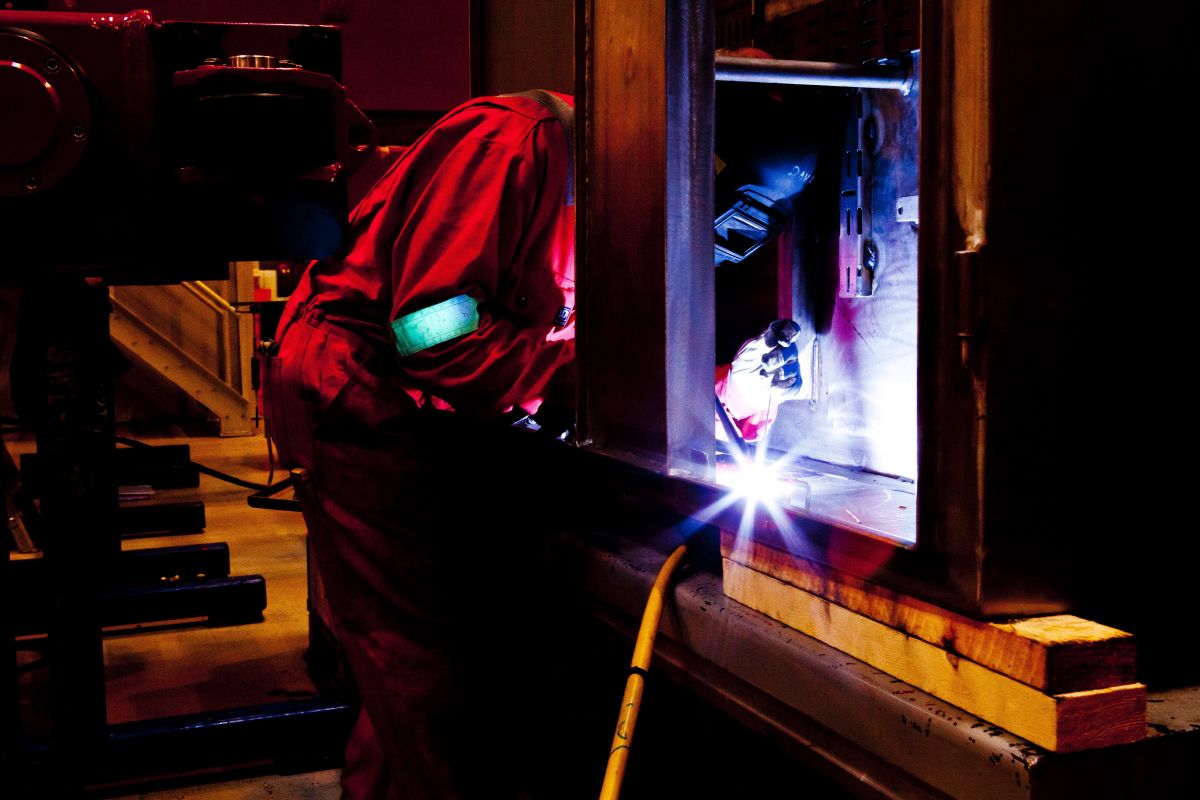The welding industry plays a vital role in various sectors, ranging from construction and manufacturing to aerospace and automotive. As technology advancements continue to shape the world, it is interesting to explore how these changes will impact the future of welding. This article examines the key trends and developments that are expected to shape the future of the welding industry.
Automation and Robotics : One of the significant trends reshaping the welding industry is the rise of automation and robotics. The integration of advanced technologies such as Artificial Intelligence (AI) and Internet of Things (IoT) is transforming the way welding processes are performed. Automated welding systems, equipped with sensors and smart algorithms, offer improvements in precision, efficiency, and safety. These robotic welding systems can handle repetitive tasks with higher accuracy, reducing the risk of error. As automation continues to evolve, we can expect an increase in the adoption of robotic welding systems, leading to enhanced productivity and reduced labor costs.
Advanced Welding Techniques: Another factor influencing the future of the welding industry is the emergence of advanced welding techniques. Laser welding, for instance, offers superior precision and significantly reduces thermal distortion, making it ideal for specialized applications. Similarly, friction stir welding and electron beam welding are gaining traction due to their ability to join dissimilar materials with high strength and quality. These advanced techniques increase welding efficiency, improve weld quality, and expand the range of materials that can be successfully joined together. As industries demand more complex and lightweight designs, the demand for advanced welding techniques is likely to grow.
Sustainable Welding : Sustainability has become a top priority across industries, and welding is no exception. Going forward, the welding industry must align with sustainable practices to meet environmental regulations and minimize its carbon footprint. There has been a push towards using cleaner energy sources, such as renewable electricity and hydrogen fuel cells, to power welding equipment. Furthermore, research is underway to develop eco-friendly consumables and reducing the generation of welding fumes and hazardous by-products. Sustainable welding processes, coupled with improved waste management strategies, will contribute to a greener and more sustainable welding industry.
Skill Development and Training: As the welding industry evolves, there is a growing demand for skilled welders who can adapt to advanced technologies. To meet this demand, it is crucial to invest in welder training and upskilling programs. Traditional welding techniques will not become obsolete but will coexist with the newer, automated methods. Skilled welders will be required to program, operate and maintain robotic welding systems, ensuring their efficient utilization. Therefore, continuous learning and professional development will be vital for welders to remain competitive in the job market and keep up with the changing industry requirements.
In conclusion, the future of the welding industry is poised for significant advancements, driven by automation, advanced welding techniques, sustainability, and the need for skilled professionals. As technology continues to evolve, welders will need to embrace new tools and techniques to maintain their relevancy and contribute to the ever-changing industrial landscape.
The information provided by Styler (“we,” “us” or “our”) on (the “Site”) is for general informational purposes only. All information on the Site is provided in good faith, however, we make no representation or warranty of any kind, express or implied, regarding the accuracy, adequacy, validity, reliability, availability or completeness of any information on the Site. UNDER NO CIRCUMSTANCE SHALL WE HAVE ANY LIABILITY TO YOU FOR ANY LOSS OR DAMAGE OF ANY KIND INCURRED AS A RESULT OF THE USE OF THE SITE OR RELIANCE ON ANY INFORMATION PROVIDED ON THE SITE. YOUR USE OF THE SITE AND YOUR RELIANCE ON ANY INFORMATION ON THE SITE IS SOLELY AT YOUR OWN RISK.
Post time: Jul-24-2023










